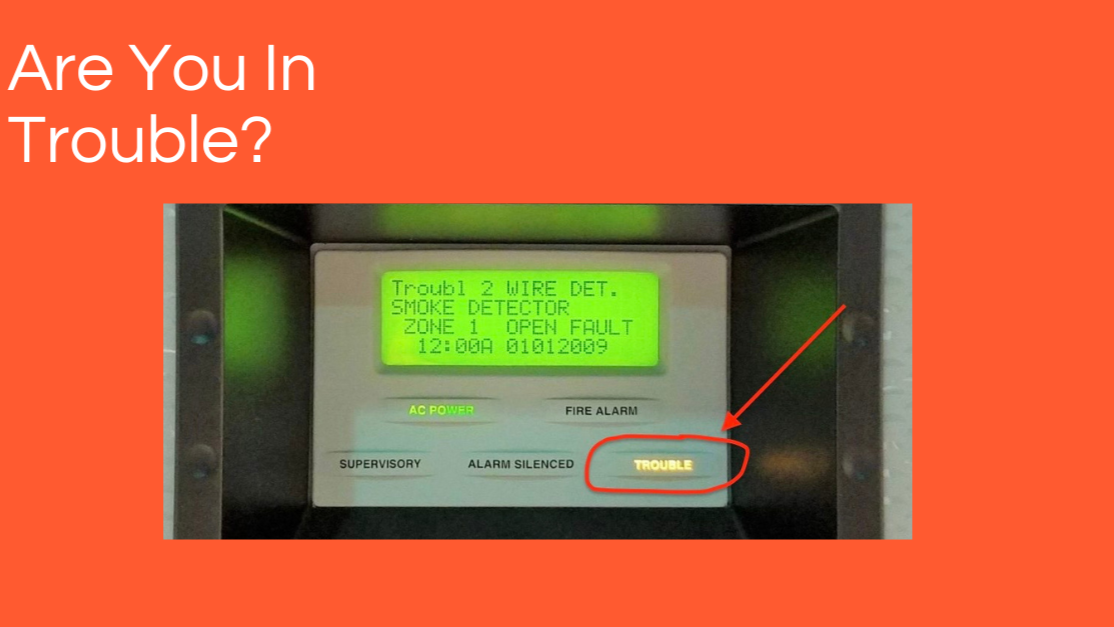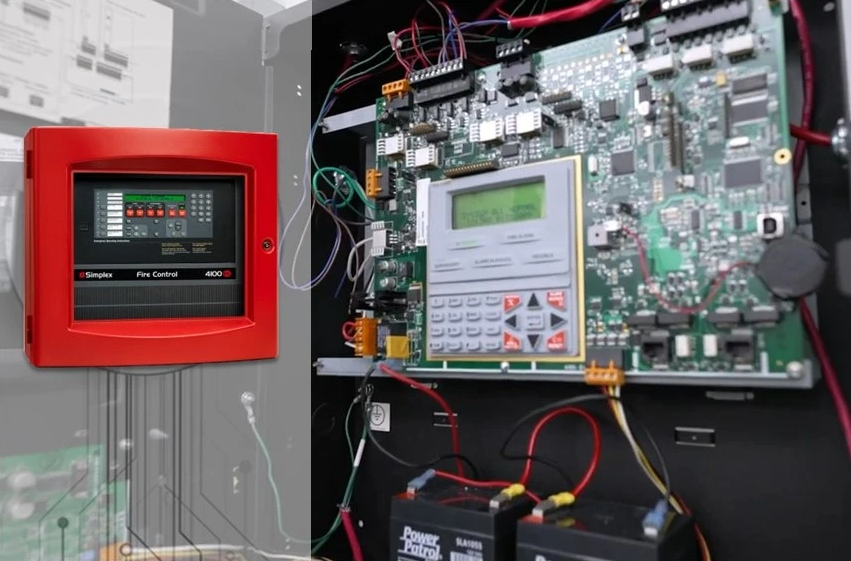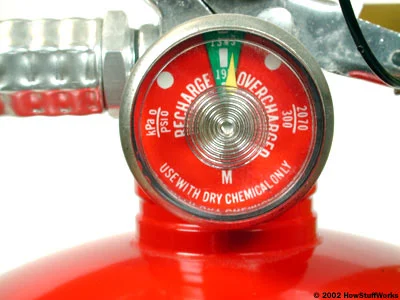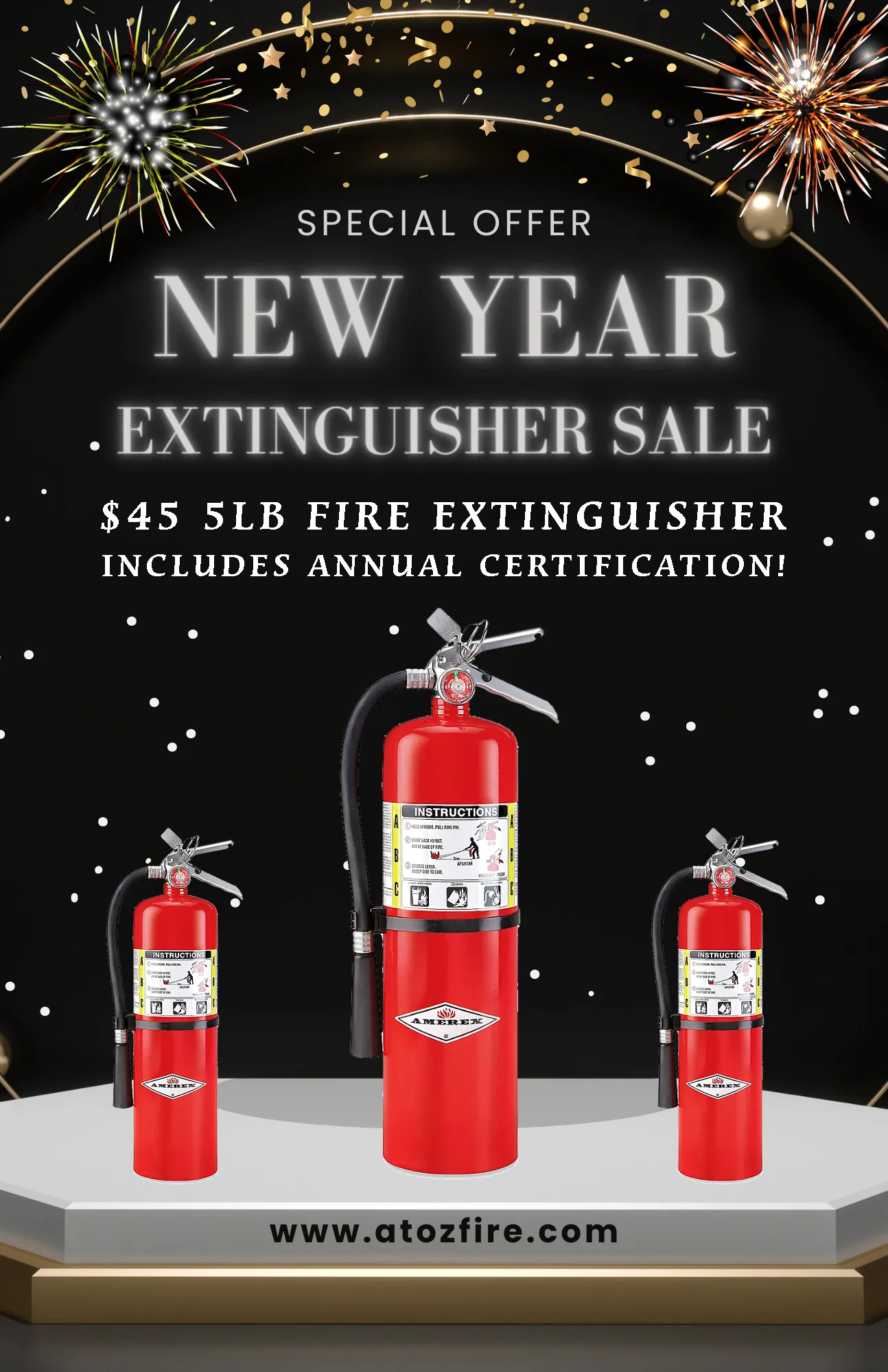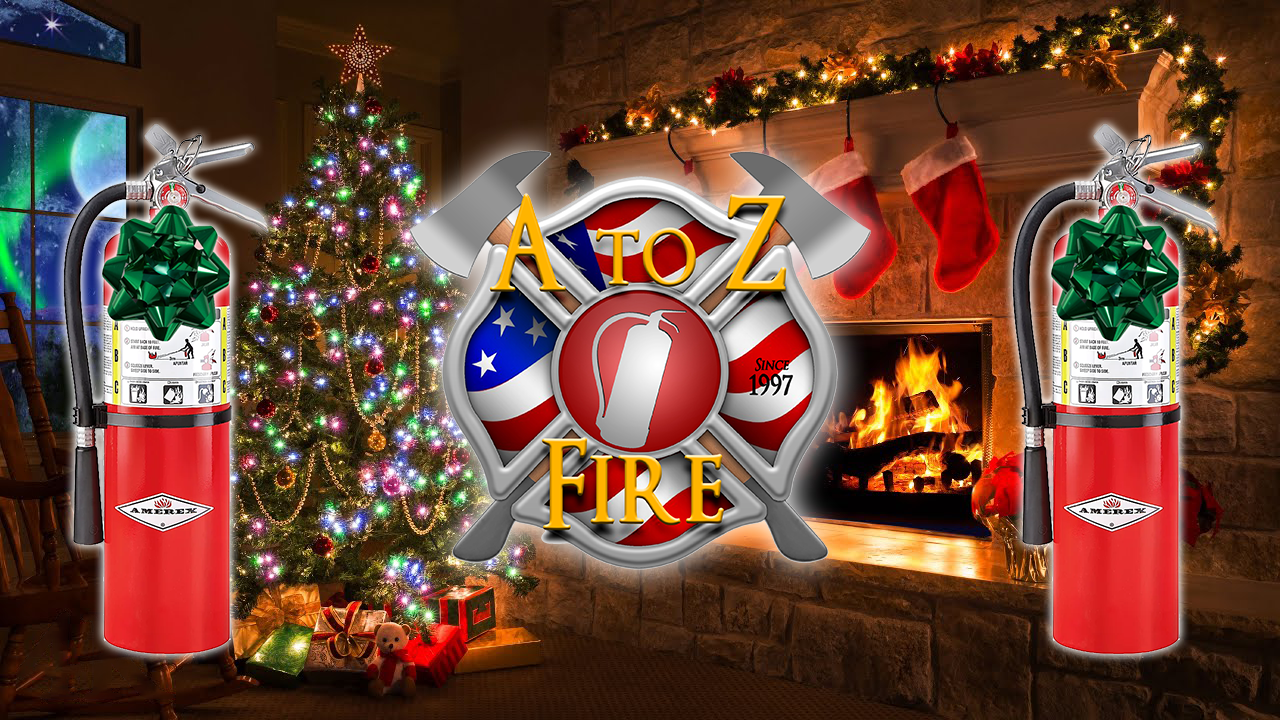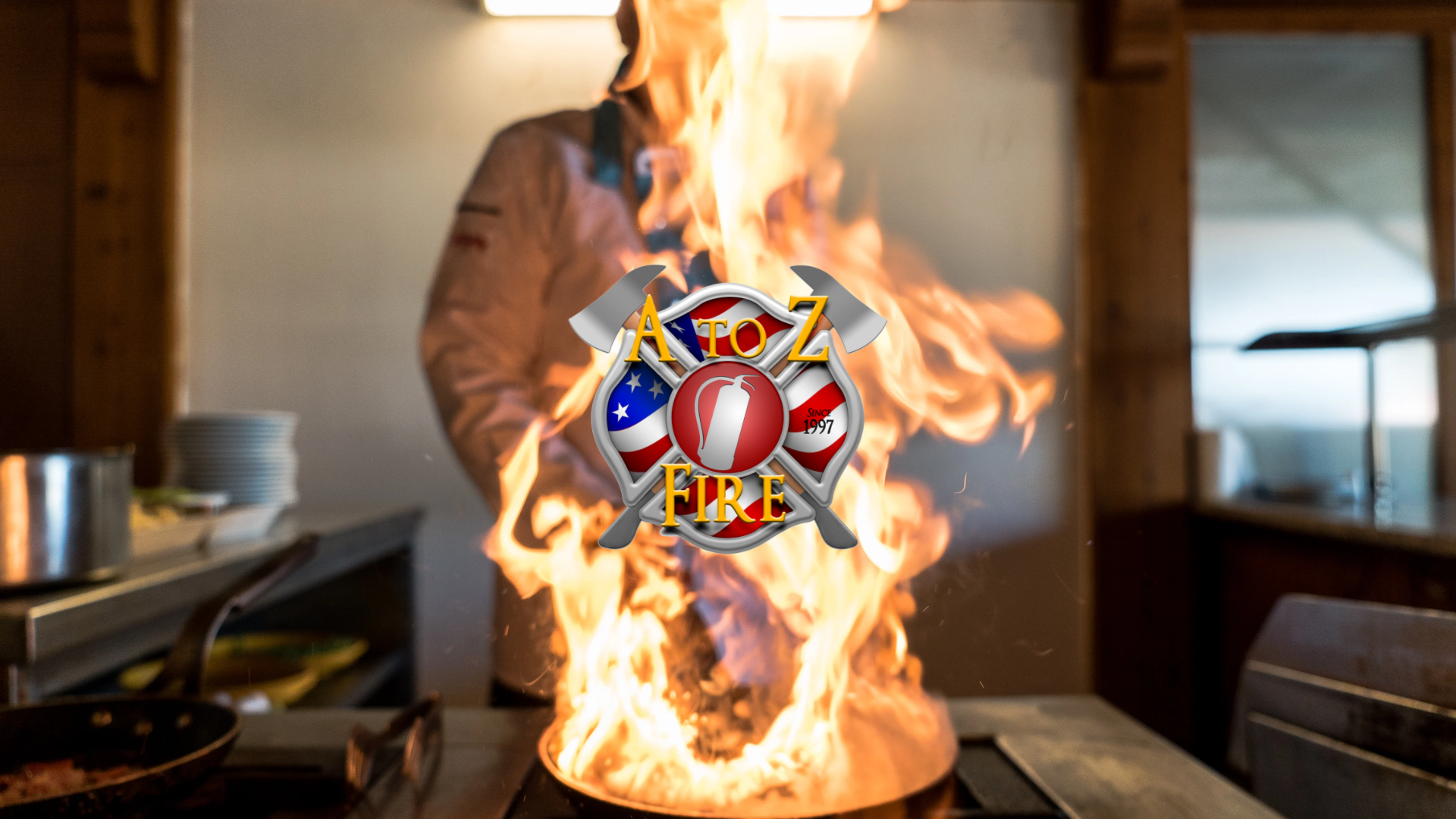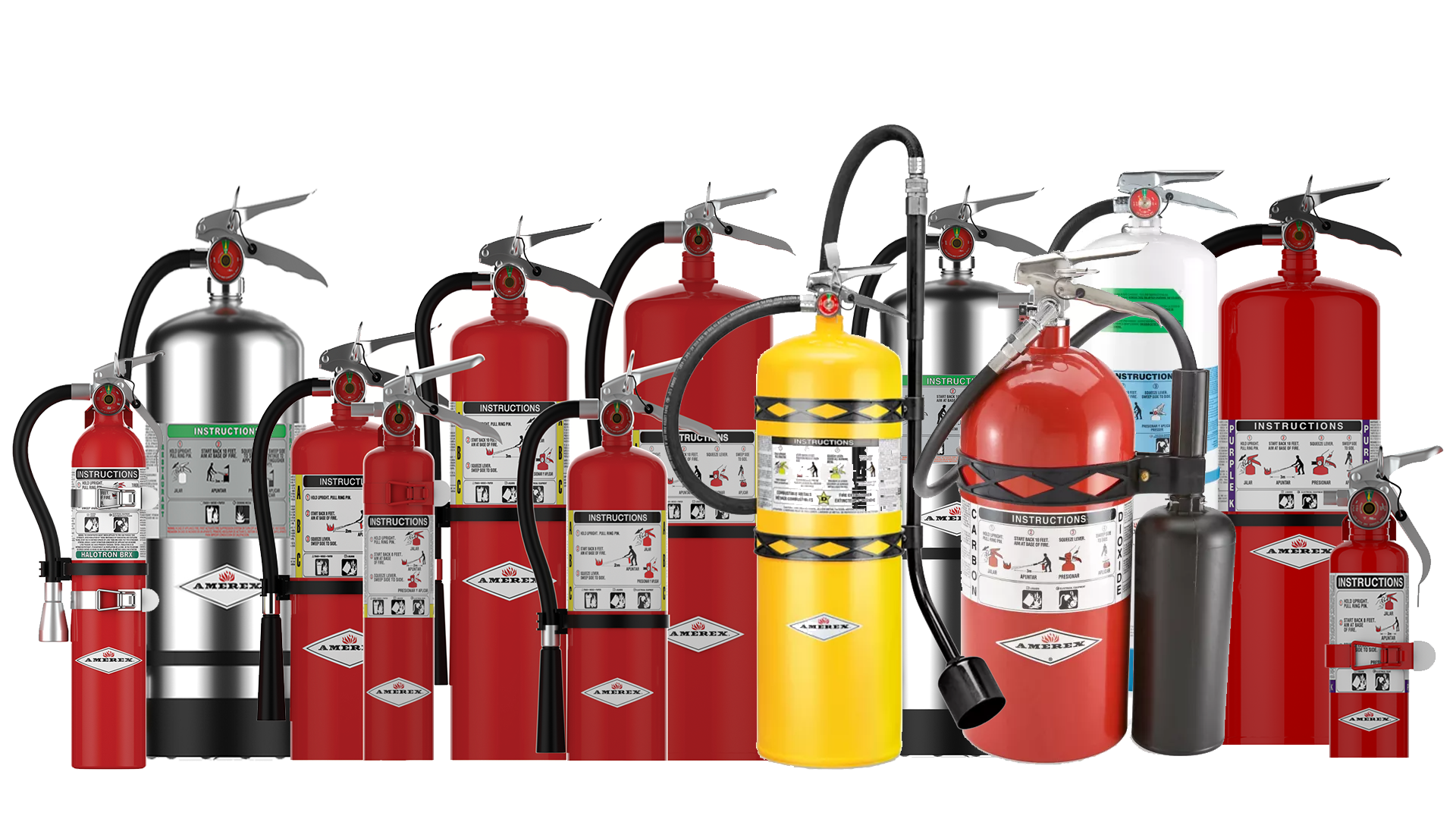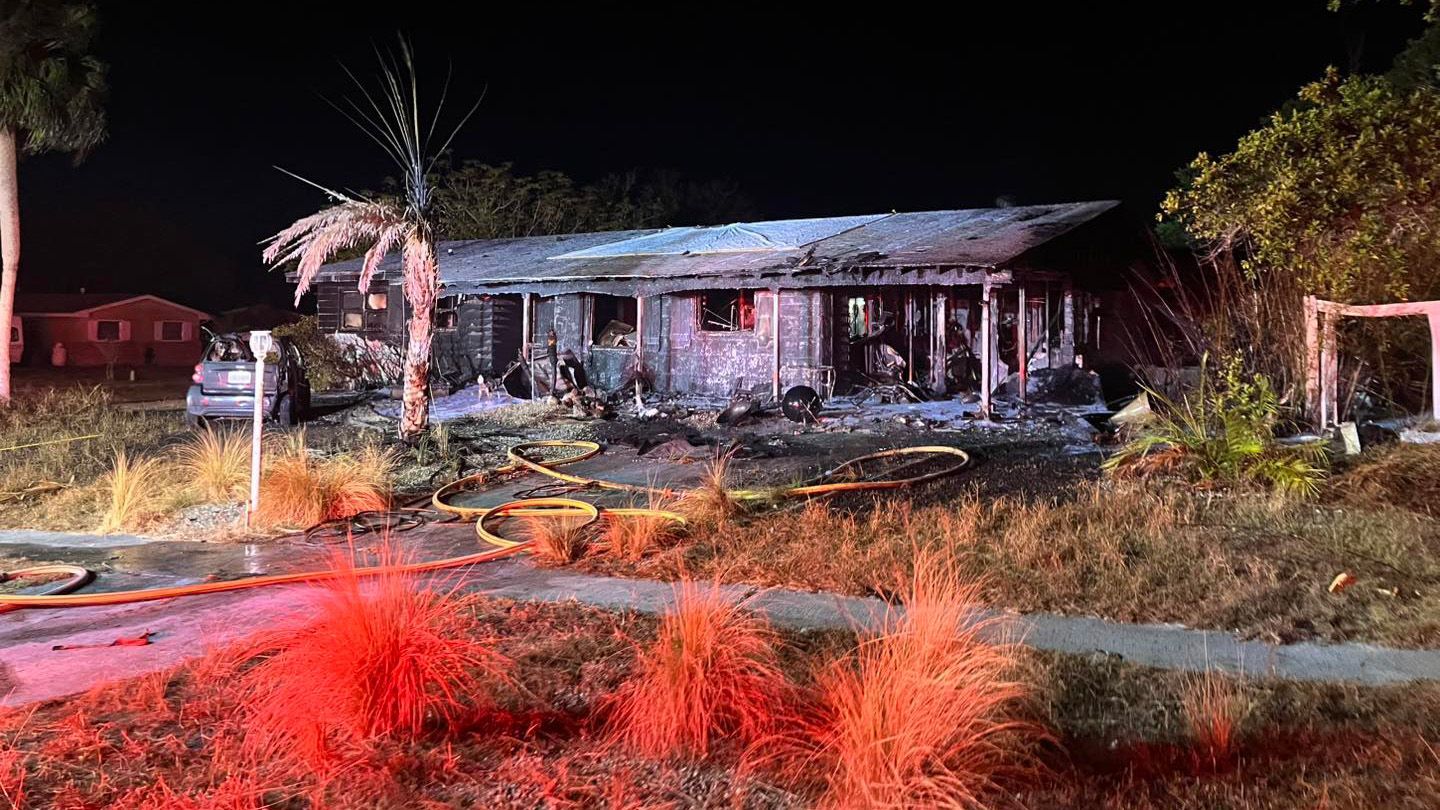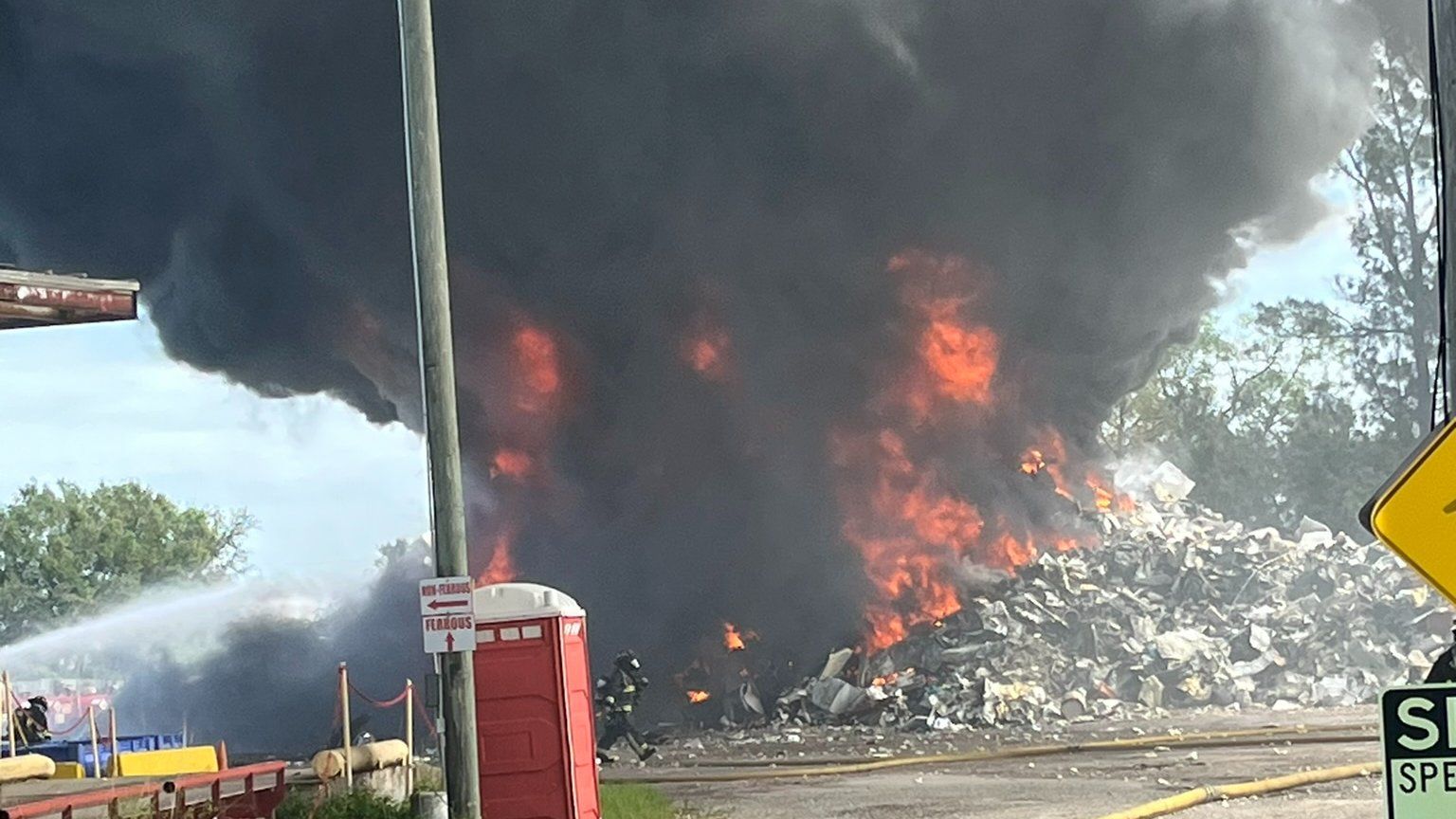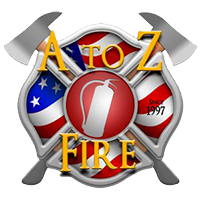Fire Safety vs. Property Rights: Can a Fire Inspector Come On To Your Property?
As a property owner, the prospect of a fire inspector showing up unannounced can be a source of anxiety and fear. The fear of having violations cited and potential fines imposed can be overwhelming.
Fire safety is a critical aspect of any building, and it is essential to ensure that the building is up to code and free from hazards that could put occupants at risk. While the thought of a fire inspection can be daunting, it is an essential part of maintaining a safe building and protecting the lives of those who use it. In this article, we will discuss how to prepare for a fire inspection and what to expect during the inspection process. We'll also offer tips on how to ensure that your building is up to code and free from hazards to help alleviate any anxiety you may have.
Can a Fire Inspector Come On To Your Property?
Yes, a fire inspector has the legal authority to enter and inspect your property to ensure compliance with local fire safety regulations. Fire inspectors are authorized by law to conduct inspections to identify potential fire hazards, ensure compliance with fire codes, and verify that fire safety systems are in place and functioning correctly. These inspections are usually conducted during regular business hours, and property owners are required by law to allow access to the building for inspection purposes. It's important to note that a fire inspector can issue citations and fines for noncompliance with fire safety regulations, so it's crucial to ensure that your building is up to code and free from hazards.
What Will a Fire Inspector Look For?
Fire inspectors typically look for a range of fire hazards when inspecting commercial buildings or residential apartment buildings. These hazards can include:
Fire Exits
Fire exits are one of the most critical aspects of fire safety in any building. Inspectors will check that fire exits are clearly marked, unobstructed, and functioning properly. If a fire breaks out, occupants need to know where the nearest exit is, and it must be easy to access.
Smoke Detectors and Fire Alarms
Smoke detectors and fire alarms are crucial in alerting occupants to the presence of a fire. Inspectors will verify that the building has smoke detectors and fire alarms that are in good working condition and meet code requirements. Without functioning smoke detectors and fire alarms, occupants may not be aware of a fire until it is too late.
Electrical Systems
Electrical systems are a common source of fires in buildings. Inspectors will check that all electrical systems, including wiring, panels, and outlets, are in good condition and up to code. Faulty wiring or overloaded circuits can cause a fire, and it is essential to ensure that all electrical systems are in good working order.
Fire Suppression Systems
Fire suppression systems, such as sprinklers, standpipes, and extinguishers, are essential in controlling fires. Inspectors will examine fire suppression systems to ensure they are in good working order. Without functioning fire suppression systems, a fire can quickly spread and cause significant damage.
Flammable Materials
Flammable materials can pose a significant fire hazard in buildings. Inspectors will identify any flammable materials that are stored or used in the building and ensure they are properly stored and handled. If flammable materials are not stored correctly, they can cause a fire or make an existing fire more dangerous.
Building Structure
The building's structure, including walls, floors, and roofs, must meet fire safety requirements and not be vulnerable to collapse during a fire. Inspectors will examine the building structure to ensure that it is up to code and can withstand a fire.
Access for Emergency Vehicles
Emergency vehicles must be able to access the building in the event of a fire or other emergency. Inspectors will ensure that emergency vehicles can get to the building and have access to the necessary equipment.
Exit Lighting
Exit signs and lighting are essential in guiding occupants to the nearest exit in the event of a fire. Inspectors will check that all exit signs are illuminated and functioning properly. If exit signs are not working, occupants may not know where to go during an emergency.
Fire Doors
Fire doors are designed to prevent the spread of fire and smoke throughout the building. Inspectors will examine fire doors to ensure they are in good working order and meet code requirements. If fire doors are not functioning correctly, a fire can quickly spread, causing significant damage.
What You Can Do To Stay Compliant
Don't wait for the fire inspector to show up unannounced and potentially find issues. A pre-inspection by A to Z Fire can help identify any potential hazards and ensure that your building is up to code. A to Z Fire provides professional fire inspections, testing, and maintenance services for commercial and residential buildings. With locations in Pinellas and Hillsborough, Florida, their team of experts can help ensure that your building is safe and compliant with all fire safety regulations. Contact A to Z Fire today to schedule a pre-inspection and ensure the safety of your building and its occupants.
If you would like to schedule a pre-inspection with A to Z Fire, you can contact them at the following locations:
Pinellas Location
- Email: info@atozfire.com
- Phone: 727-865-1050
- Address: 1035 Highland Ave N Largo, Florida 33770
Hillsborough Location
- Email: info@atozfire.com
- Phone: 813-350-0665
- Address: 1505 Busch Blvd. Tampa, Florida 33612
Their team of experts will be happy to answer any questions you may have and provide you with the professional fire inspection services you need to keep your building and its occupants safe.
Click On The Social Icon Below To Share This Article
